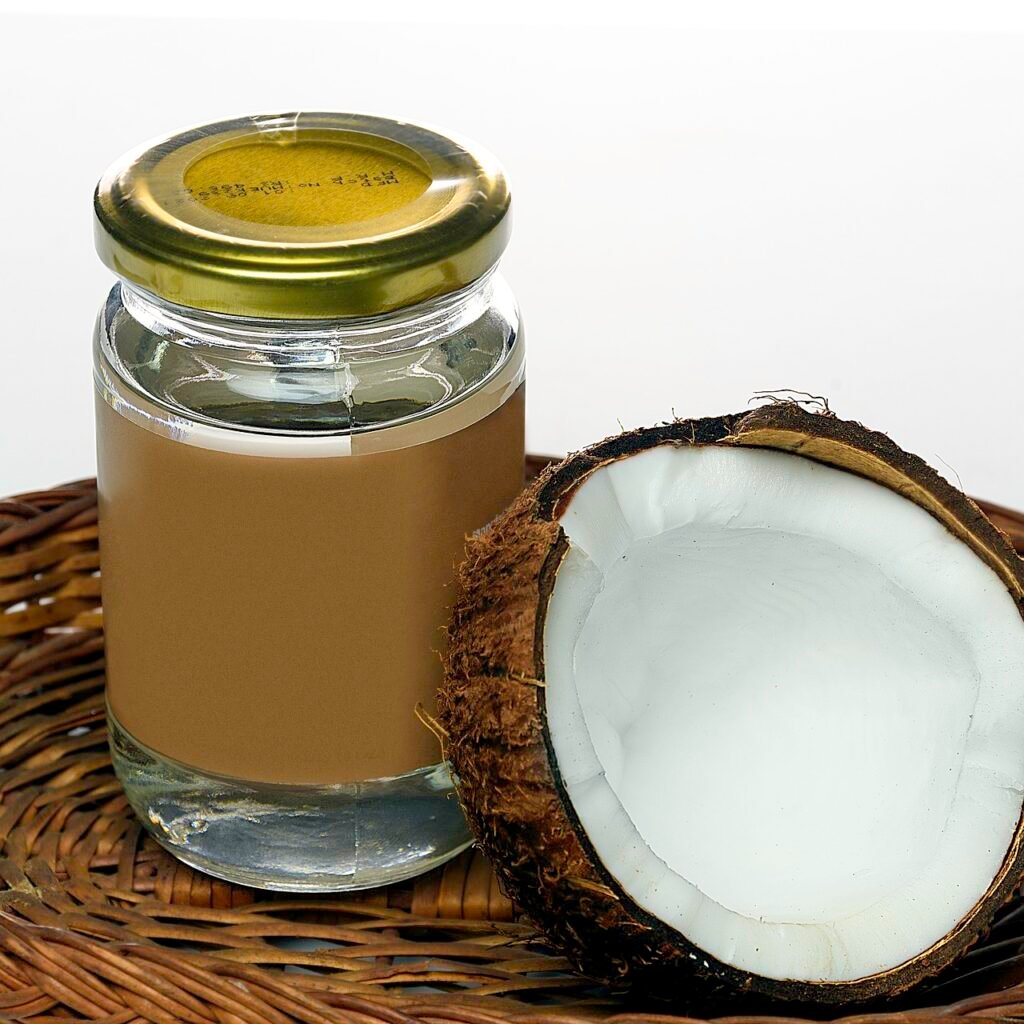Have you ever wondered why you feel unusually irritable or fatigued? Low testosterone & mood swings may be the hidden culprit behind these frustrating symptoms. Testosterone, the hormone often associated with male vitality, plays a crucial role in your overall well-being, influencing everything from muscle mass to mental health. When testosterone levels drop, mood swings can become a daily struggle, affecting your quality of life. In this post, we’ll dive into the connection between low testosterone and mood swings, exploring how you can regain control over your emotions and improve your health.
What is Low Testosterone?
Testosterone is a vital hormone that significantly impacts men’s physical and mental health. As you age, it’s natural for testosterone levels to decline, but sometimes they drop too low, leading to various symptoms. Low testosterone, also known as hypogonadism, can cause fatigue, weight gain, decreased libido, and mood swings. While many are aware of the physical effects, the emotional toll of low testosterone is often underestimated.
How Low Testosterone Causes Mood Swings
Low testosterone & mood swings are closely linked because testosterone influences the brain’s regulation of mood. When levels are sufficient, testosterone helps stabilize mood, enhance motivation, and reduce anxiety. However, when testosterone levels dip, you might experience irritability, sadness, or even depression. These emotional changes can be subtle at first but can gradually intensify, leading to more severe mood swings over time.
Signs Your Mood Swings May Be Due to Low Testosterone
Recognizing the signs that your mood swings might be due to low testosterone is the first step towards finding a solution. Here are a few common indicators:
- Increased Irritability: Are you more easily annoyed or frustrated than usual?
- Persistent Fatigue: Do you feel exhausted even after a full night’s sleep?
- Loss of Interest: Have you lost interest in activities you once enjoyed?
- Anxiety or Depression: Are feelings of anxiety or sadness becoming more frequent?
If you’re experiencing these symptoms, it’s worth considering that low testosterone could be the underlying issue.
The Benefits of Addressing Low Testosterone
Treating low testosterone can have a profound impact on both your physical and mental health. By restoring your testosterone levels, you can improve your mood, regain energy, and enhance your overall quality of life. Additionally, addressing low testosterone can help you:
- Boost Mental Clarity: Enjoy sharper focus and better memory.
- Enhance Emotional Stability: Reduce mood swings and feel more emotionally balanced.
- Improve Sleep Quality: Experience more restful sleep, leading to better mood regulation.
Natural Ways to Combat Low Testosterone & Mood Swings
While medical treatments are available, many men prefer natural methods to boost testosterone and reduce mood swings. Here are some strategies to consider:
- Regular Exercise: Engaging in strength training or high-intensity interval training (HIIT) can naturally increase testosterone levels.
- Balanced Diet: A diet rich in healthy fats, lean proteins, and essential vitamins can support hormonal balance.
- Stress Management: Practices like meditation, yoga, and deep breathing can help lower stress, which in turn can positively affect testosterone levels.
- Quality Sleep: Prioritizing 7-8 hours of uninterrupted sleep each night is crucial for hormone production.
When to Seek Medical Advice
If natural methods don’t yield the results you’re looking for, or if your symptoms are severe, it might be time to consult a healthcare professional. They can test your testosterone levels and recommend treatments to help manage low testosterone & mood swings.
Conclusion
Low testosterone & mood swings can be a challenging combination to deal with, but understanding the connection between the two is the first step toward improvement. By recognizing the symptoms and exploring both natural and medical solutions, you can take charge of your health and reclaim your vitality. Don’t let low testosterone dictate your mood—there are ways to restore balance and feel like yourself again.
Disclaimer: The information provided on this blog is for general informational purposes only and is not intended as medical advice. Always consult with a qualified healthcare professional before making any decisions regarding your health or starting any new treatments. The content here should not be used to diagnose, treat, or prevent any medical condition. Additionally, please note that this blog is reader-supported. If you click on an affiliate link or advertisement and make a purchase, we may receive a commission at no extra cost to you. This helps us maintain the site and continue providing valuable content.




